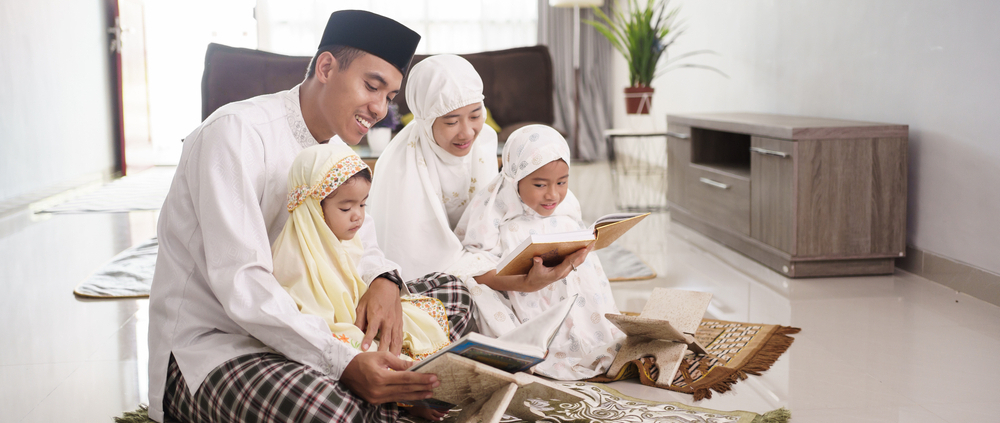Is It Sinful for Family Members to Pray Individually in the Same House?
Hanafi Fiqh
Answered by Ustadh Sufyan Qufi
Question
At home, sometimes my family members pray alone rather than together, even though we all pray roughly simultaneously. Is there sin in what we are doing?
Answer
In the name of Allah, Most Compassionate, Most Merciful,
I pray this finds you in the best of states.
The Prophet (peace be upon him) is reported as having said that “Praying in congregation is twenty-seven times better than praying alone.” [Bukhari; Muslim]
According to the Hanafi school, it is not obligatory but an emphasized sunna for men with no excuse to pray in a congregation. [‘Abd al-Qadir al-Rafi‘i, Taqrirat al-Rafi’i ‘ala Hashiyat Ibn ‘Abidin]
To get used to missing the congregational prayer without excuse is sinful. [Tahtawi/Shurunbulali, Hashiyat Maraqi al-Falah]
The sunna is fulfilled even by praying in a congregation outside of the mosque, even though it is better to perform it in the mosque. [Ibid.]
Failing to pray in a congregation after trying your best to do so is, of course, excused.
Allah Most High says, “God does not burden any soul with more than it can bear: each gains whatever good it has done, and suffers its bad (…).” [Quran, 2:286]
Congregation of Women
A congregation of women is prohibitively disliked (makruh tahriman) in the Hanafi school because it goes against that which has been legislated, which is that women either pray alone (given the normal case would be for them to pray at home) or behind a male congregation. [Shurunbulali, Maraqi al-Falah; Ibn ‘Abidin, Hashiyat Ibn ‘Abidin]
This is, however, allowed in other schools.
Please see: What Is the Ruling of Women-Only Congregational Prayers? [Hanafi]
And Allah knows best.
Wassalam
[Ustadh] Sufyan Qufi
Checked and Approved by Shaykh Faraz Rabbani
Ustadh Sufyan Qufi is an advanced seeker of knowledge, originally from Algeria, who grew up in France. He began searching far and wide for answers to the fundamental questions of life and was disappointed at the answers he found. Then he connected with various traditional teachers and gradually connected with SeekersGuidance. He embarked on his journey of learning through the various teachers at SeekersGuidance, including his mentor Shaykh Faraz Rabbani. He studied numerous texts in Islamic Law, Theology, Hadith, and other areas with Shaykh Faraz Rabbani and other teachers, including Shaykh Abdurrahman al-Sha‘ar, Shaykh Ali Hani, and others. He is an active instructor at SeekersGuidance and answers questions through the SeekersGuidance Answers Service.
